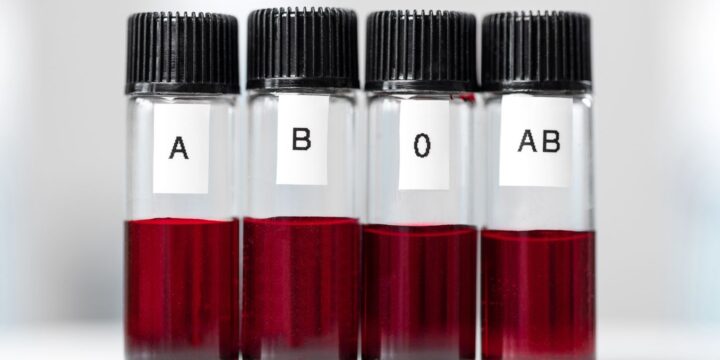
If You Wrote a Letter to Your Acne, What Would You Say?
Acne is the most common skin disorder in the United States, impacting up to 50 million people annually, according to the American Academy of Dermatology Society. Although we often think of acne as a natural (and minorly annoying) part of puberty, it can persist into your thirties, forties, and even fifties.More than just a physical condition, acne can have enormous long-term psychological effects. For a study published in July 2022 in the journal JAMA Dermatology, researchers undertook a novel approach to finding out just how persistent the emotional toll can be.About 60 participants with active acne or acne scars were asked to write a “Letter to My Disease,” personifying their condition to express their feelings about living with what many subjects called an “intruder.”The research revealed the lack of control…








